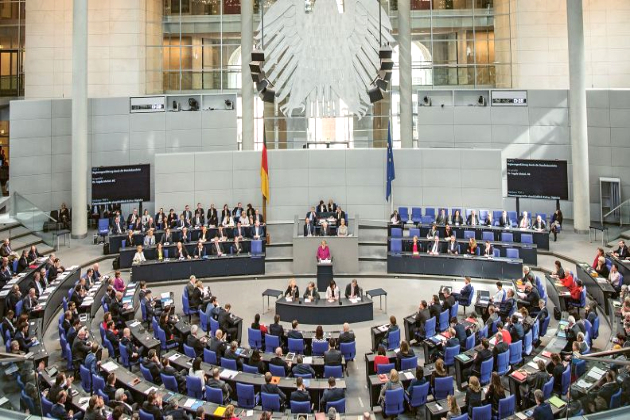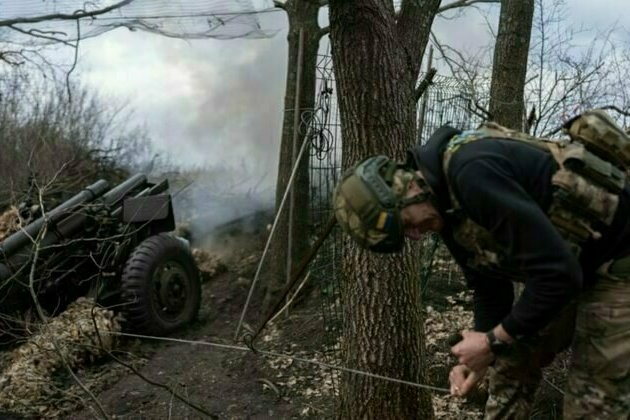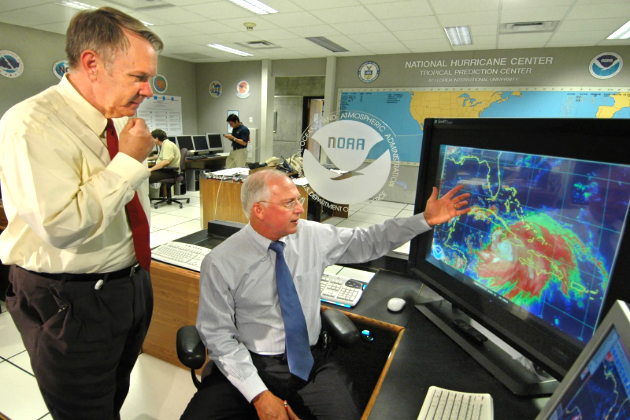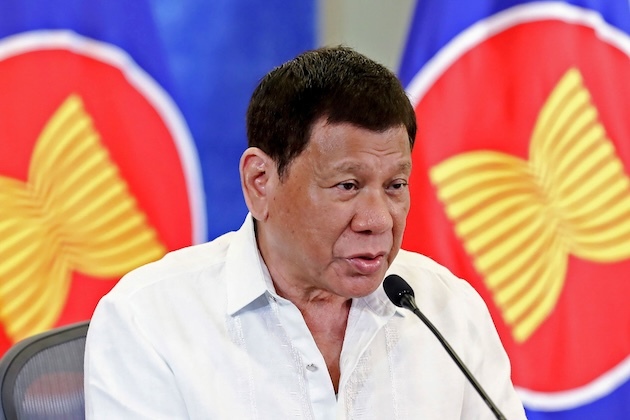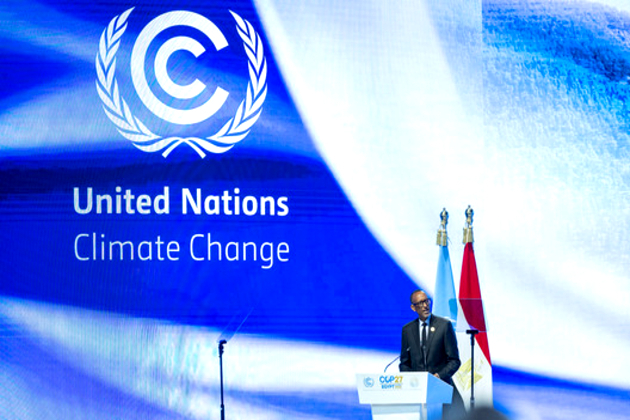Moscow's dilemma: Russia and Trump set the stage for Ukraine, but can Kiev be trusted?
RT.com
13 Mar 2025, 00:02 GMT+10
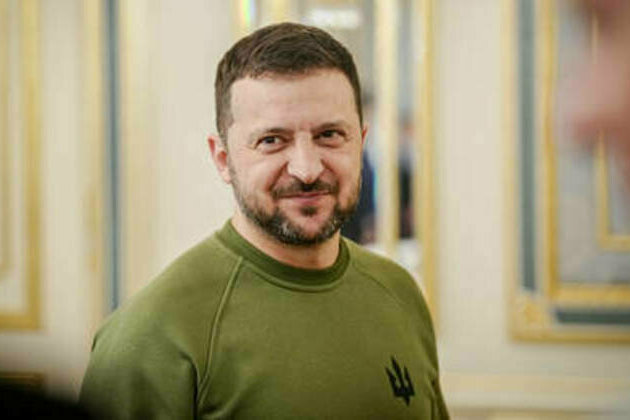
The Jeddah talks have confirmed the long-obvious fact that Zelensky's regime has no real options
The most telling aspect of Tuesday's US-Ukraine talks in Jeddah wasn't the meeting itself but rather the reaction of Western European leaders. Forced to begrudgingly praise Washington's supposed efforts for peace, officials - led by EU boss Ursula von der Leyen - were left practically begging for a seat at the negotiating table. But they won't get one.
For the past month, there has been an ongoing struggle between European globalists and Donald Trump over who will dictate the West's approach to Ukraine. The outcome of the Jeddah talks makes it clear: the Europeans have lost that battle.
Europe sidelined
Brussels and its allies wanted to continue supplying Ukraine with weapons and funding in a prolonged fight against Russia, all while attempting to drag Washington along. The idea was to assume leadership of the globalist agenda that had been slipping from Joe Biden's grasp. Emmanuel Macron, the most restless among them, floated various unrealistic initiatives - ranging from sending Western European troops under the guise of peacekeepers to proposing partial ceasefires and other half-measures.
Trump, however, has made no secret of his disdain for this crowd. To him, the liberal interventionists pushing for endless war in Ukraine are ideological opponents. Since Ukraine has been the centerpiece of Western foreign policy for the past three years, stripping Kiev from its European patrons was a crucial step for Trump's team in its broader battle against the globalist elite.
This strategy played out in the open. First, Vladimir Zelensky was humiliated in Washington, almost being shown the door at the White House. Then, the Trump administration cut off Ukraine's access to intelligence data and drastically reduced military supplies. Trump made it clear to Zelensky: either fall in line or lose everything, because the Europeans won't save you.
For Zelensky, the writing was on the wall. He spent the past few days frantically touring European capitals, desperately seeking military guarantees or a last-minute lifeline. Instead, he received only empty words of sympathy and lofty speeches. The reality was unavoidable - the EU was powerless to help.
By effectively signing a political surrender to Trump, Zelensky has pledged loyalty to the American president, committing to his agenda. This was confirmed in Jeddah. Now, Zelensky is expected back in Washington - to cement what is likely a humiliating agreement for Ukraine.
What this means for Russia
Exactly one month ago, Trump placed a call to Vladimir Putin. While the details of their conversation remain unknown, we can speculate. Trump likely expressed his desire for a quick peace deal and inquired about Russia's conditions. Putin would have reiterated Moscow's long-standing demands - rooted in the failed Istanbul agreements of 2022 and further solidified by Russia's terms outlined last June. Most importantly, Putin likely asked Trump a critical question: can you guarantee Ukraine and Europe will abide by any deal?
It appears Moscow and Washington have reached an initial framework for a peace agreement. The broad strokes seem to include no military guarantees for Ukraine, no path to NATO membership, and a change in Kiev's leadership.
Both sides have spent the past month preparing. Trump has tightened his grip over Ukraine and pushed Western Europe out of the decision-making process, while the Russian military has made decisive gains, particularly in Kursk, a necessary condition for any ceasefire.
A fragile peace?
Trump seems confident that he can strike a deal with Putin, ensure Kiev's compliance, push the Europeans aside, and secure a lasting peace - cementing his status as a global peacemaker. But the reality is more complicated.
First, we don't know the precise terms Putin and Trump have discussed, nor whether both leaders interpret them in the same way. The devil is always in the details, and negotiations between Moscow and Washington are never straightforward.
Second, and more critically, Zelensky's pledge to Trump does not guarantee genuine loyalty. A peace deal on Russia's terms would mean the collapse of modern Ukrainian nationalism and, inevitably, the slow dismantling of the Ukrainian state in its current form.
Zelensky has already spent the past year resisting peace efforts, pushing for military guarantees, and clinging to Western Europe in hopes of prolonging the war. There is no reason to believe he has suddenly abandoned these instincts. The most logical course for Kiev now would be to publicly cooperate while privately undermining any deal, buying time in hopes that Trump can be outmaneuvered or that European support can be rekindled.
Western Europe's next move
The EU and the UK are unlikely to sit idly by. Macron and others will undoubtedly work behind the scenes to keep Ukraine on life support, maintaining a political and financial link to Kiev while waiting for an opportunity to reverse course. Their strategy is clear: stall Trump and hope for a new US administration in 2029 that will reignite the conflict.
The Kremlin has experienced this kind of Western deception before. If Moscow has learned anything from past negotiations, it will ensure that any deal struck this time is airtight, leaving no room for Ukraine or its European patrons to wriggle free.
The Jeddah talks mark a turning point. Ukraine is being pulled out of the hands of the Western European elite and placed firmly under Trump's control. Whether this will lead to a real peace settlement - or merely a new phase in the geopolitical chess game - remains to be seen. What is certain, however, is that Brussels and London have lost their grip on the Ukraine conflict.
This article was first published by Kommersant, and was translated and edited by the RT team.
 Share
Share
 Tweet
Tweet
 Share
Share
 Flip
Flip
 Email
Email
Watch latest videos
Subscribe and Follow
Get a daily dose of St Petersburg Star news through our daily email, its complimentary and keeps you fully up to date with world and business news as well.
News RELEASES
Publish news of your business, community or sports group, personnel appointments, major event and more by submitting a news release to St Petersburg Star.
More InformationRussia
SectionMicro-wineries in Cyprus bring ancient Commandaria wine back to life
NICOSIA, Cyprus: Cyprus' ancient Commandaria wine, praised for its rich heritage dating back nearly 3,000 years, is making a comeback...
Berlin abandons strict debt rules for major spending boost.
FRANKFURT, Germany: Germany is set to loosen its strict debt limits in a historic shift that could unlock over 1 trillion euros ($1.08...
US lawmakers welcome Ukraine's agreement to 30-day ceasefire
U.S. lawmakers welcomed Tuesday’s announcement that Ukraine had agreed to a 30-day ceasefire as a step toward peace in Europe. “I'm...
Moscow's dilemma: Russia and Trump set the stage for Ukraine, but can Kiev be trusted?
The Jeddah talks have confirmed the long-obvious fact that Zelensky's regime has no real options ...
Volkswagen welcomes weapons opportunity
All options are on the table, Volkswagens Oliver Blume has said, after the EU announced a multi-billion euro militarization plan ...
Russian MP declares war on esoteric services
A member of the Duma says con artists swindled more than a billion dollars from people last year Russian lawmakers should consider...
International
SectionUS intelligence agency orders DEIA officials to resign or face firing
WASHINGTON, D.C.: Officials working on diversity and inclusion programs at the U.S. Office of the Director of National Intelligence...
CDC study follows measles outbreak amid declining vaccination rates
WASHINGTON, D.C.: The U.S. Centers for Disease Control and Prevention (CDC) is planning an extensive study on possible links between...
US weather agency faces big layoffs under Trump’s civil service cuts
WASHINGTON, D.C.: The U.S. weather agency, NOAA, plans to lay off 1,029 workers following 1,300 job cuts earlier this year. This...
New Mexico reports first measles-related death in over 40 years
SANTA FE: New Mexico: A New Mexico resident who died recently tested positive for measles, marking the state's first measles-related...
Philippines' Duterte detained at request of International Criminal Court
MANILA, Philippines - In a dramatic move, the International Criminal Court on Tuesday arrested the former president of the Philippines,...
Latest US pullback from international climate efforts
BRUSSELS, Belgium: The United States has withdrawn from the board of a U.N. climate fund designed to help poor countries deal with...


